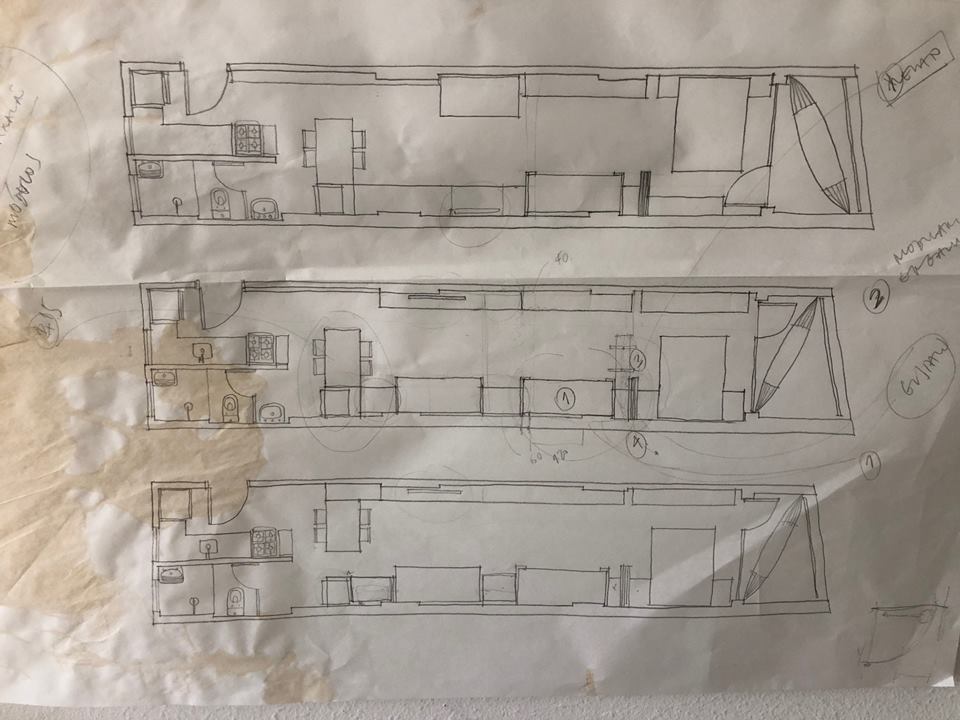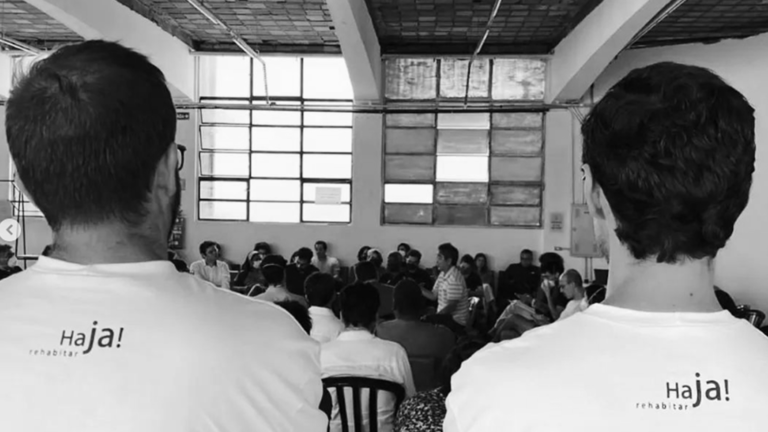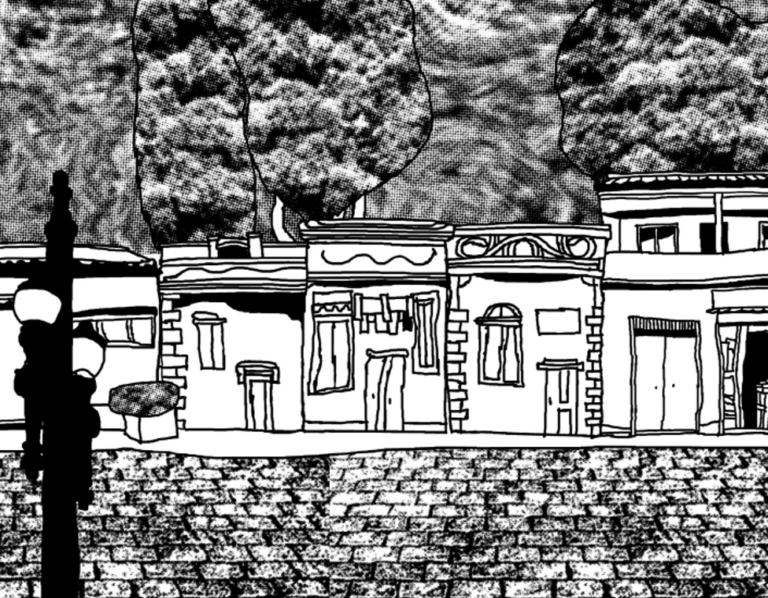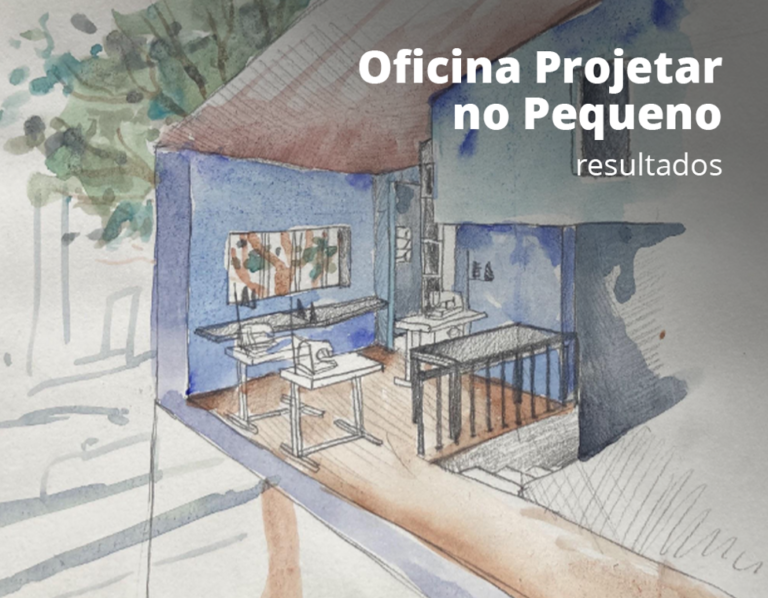Every year, a date jointly celebrates the World Habitat Day and the World Architecture Day, on the first Monday of October. The convergence makes perfect sense, since the idea is to reflect on the space of cities and design solutions to make them fairer and more inclusive, which necessarily includes the housing conditions for the population. And this should be a concern of the whole society, every day of the year.
It is never too late to remember that, since 1948, the right to housing is considered fundamental by the Declaration of Human Rights. However, a large number of Brazilians have nowhere to live, with a large part of the population still living in absolutely precarious housing. This affects physical and mental health, which makes the full development of any individual impossible.
Housing vs. Property
Not by chance, the origin of FICA came from a multidisciplinary group, with a strong presence of architects and urban planners, who decided to think of alternatives to offer decent housing and access to the city for low-income people. At the same time we sought to protect from speculation properties in a region that is fundamental to the architectural history of our city - downtown São Paulo.
We know that in Brazil there is a premise that links housing to private property. But we believe that there is an alternative to the market and we are dedicated to go beyond the speech. We work like little ants to mobilize more people who think like us and promote the democratic occupation of the city, seeking a path of social justice that guarantees human dignity, starting with housing. And for this, we have taken on the mission of making community property real and accessible.
Rent without speculation in the city center
The city center is a highly coveted region by the real estate market, since it concentrates the best offer of services, transportation, and access to work and leisure opportunities. In São Paulo it is no different.
All these conditions that make the area ideal for housing and, therefore, valued, end up generating a speculative increase in the value of real estate, even when they do not offer the necessary comfort and salubrity. Rental prices rise exaggeratedly, making it impossible for families with fewer resources to stay in the region, even if they have been there for decades and generations building their lives and means of survival.
This is how low-income workers are "pushed" to the periphery and the long commutes to work and services, in neighborhoods with little infrastructure and precarious housing. This is precisely what we want to prevent from happening by buying real estate and putting it under community ownership.
FICA already has two apartments, one in the República neighborhood and the other in Sé, each one rented to a family for 40% less than the average rent in the same region. We are about to acquire a third one, with funds from the donations of our supporters and also part of the rents.
Get to know the apartments at FICA.
A shared house instead of a tenement
Sororities and coliving are relatively new shared housing solutions for optimizing resources, especially by young people and professionals at the beginning of their careers. They are seen with enthusiasm as a desirable process of the collaborative and sustainable economy. However, long before that, there were tenements - houses where rooms are rented by entire families who share the sanitary facilities among themselves.
Obviously they are quite different things, especially in the context of social class. However, they have in common the principle of a community brought together by the optimization of spaces and resources. They are alternatives to private and individualistic property, whether temporary or not.
Unfortunately, tenements are the solution faced by poor families and, despite having a high rental cost in big centers, they often have precarious, unhealthy and badly organized infrastructure. But if these difficulties are overcome, the shared house emerges as a cheap alternative for low-income workers to inhabit the central region.
With this in mind, FICA also seeks to acquire and/or manage properties that are at risk of being condemned to be structured as shared houses in downtown São Paulo. With the necessary knowledge and partnerships, we carry out renovations and adapt the spaces to offer greater comfort in the shared rooms, providing an alternative to the current tenement dwellers.
Thus, we start from a traditional solution of sharing a property, interfering to make it a communal living and not a speculative one, with more security, salubrity and formality in the rent.
After testing the sharing model in our first houses, the next step is to acquire a tenement already in operation, making interventions to improve the quality of housing and life of the residents.
Currently, FICA manages three properties, owned or not, in the region of Bom Retiro and Brás. The initiative is made possible with resources from individuals allocated in a social impact investment fund.
Understand how Compartilha works.
Housing and Sustainable Development
Our journey is aligned with the Sustainable Development Goals outlined by the UN, specifically SDG 11 - "Sustainable Cities and Communities". FICA works to "make cities inclusive, safe, resilient, and sustainable", and to this end works to provide adequate and accessible housing.
We know that, alone, we are not able to solve the housing problem, but it is also the role of civil society to make social and community housing feasible. So we invite more people to collaborate with us and create conditions to take properties off the speculative market, make improvements to optimize spaces and resources, and then offer them for rent at a fair price to families who need it most.




